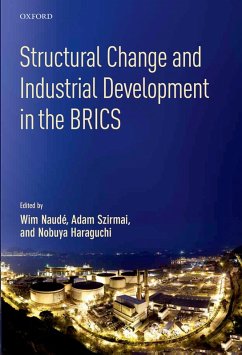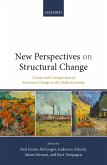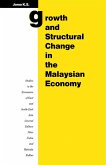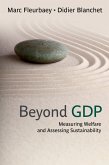This book provides a unique and timely analysis of the role of structural change in the economic development of Brazil, Russia, India, China, and South Africa (BRICS) with a consideration for the role of industry, and in particular manufacturing. The emergence of BRICS reflects an ongoing change in the international economic order. BRICS now account for very substantial part of global GDP, global manufactured value added and global manufactured exports. The book examines their economic experiences and structural change in BRICS over the past three decades, identifying both differences and commonalities, and deriving lessons for other industrializing countries. Section I contains comparative studies focusing on the commonalities and differences of the experiences of BRICS. Section II includes six country studies providing a more detailed analysis of the long-run experiences of each of the countries. Section III consists of a set of seven thematic studies focusing on specific topics such as global value chains, the role of transnational corporations in the food chain, the role of foreign versus domestic investment, the role of domestic versus foreign demand in economic growth the diffusion of environmental energy technology and the similarities, and the differences in industrial policies pursued in the five countries. The book contains a summary chapter that provides an integrated perspective of the various contributions from the point of view of poverty reduction and development. It asks, whether the patterns of structural change and industrial development that BRICS experienced, had an impact on poverty outcomes, and if so, what where the channels and the consequences?
Dieser Download kann aus rechtlichen Gründen nur mit Rechnungsadresse in A, B, BG, CY, CZ, D, DK, EW, E, FIN, F, GR, HR, H, IRL, I, LT, L, LR, M, NL, PL, P, R, S, SLO, SK ausgeliefert werden.









